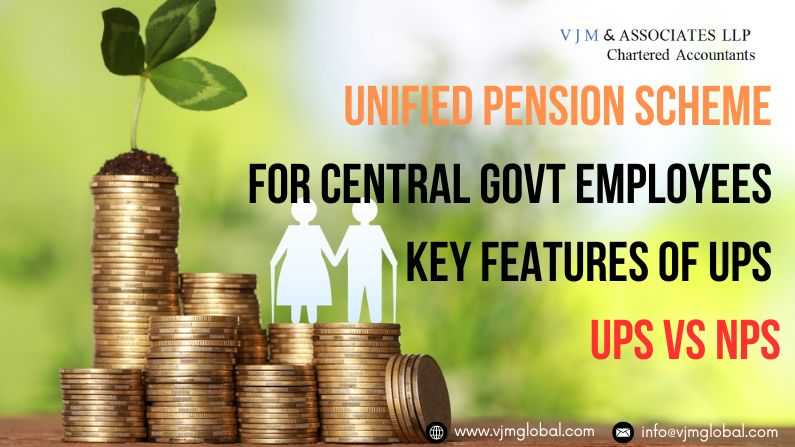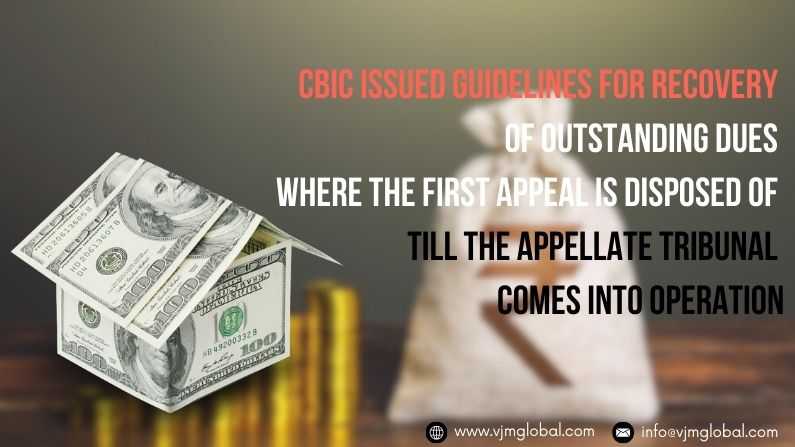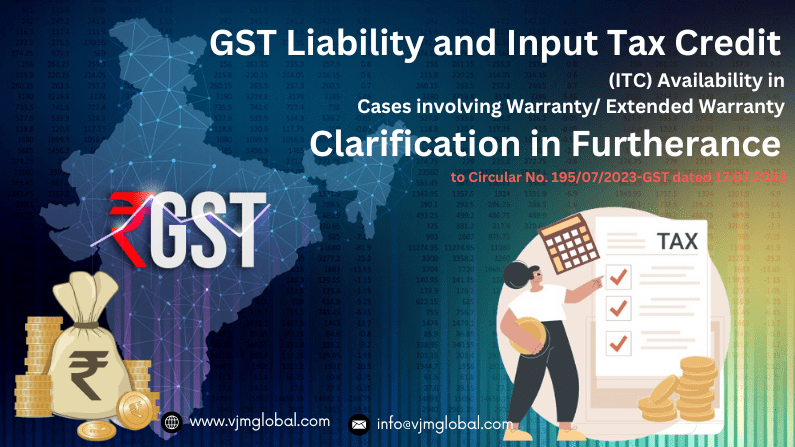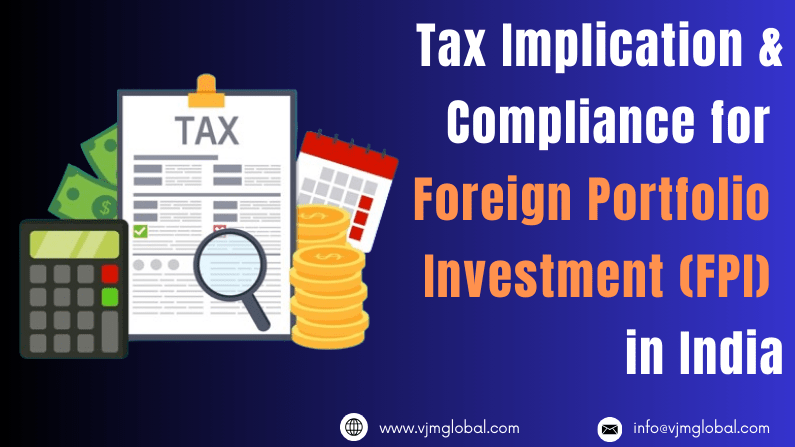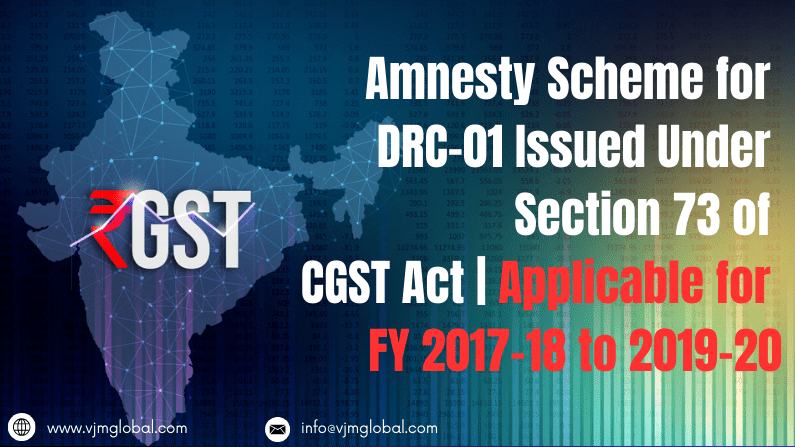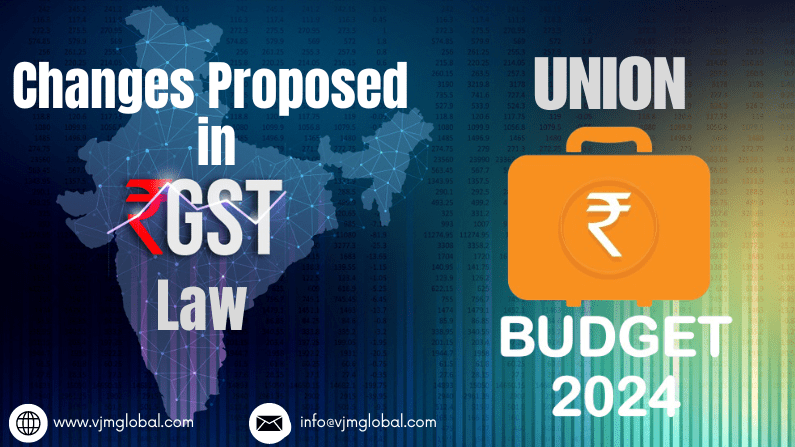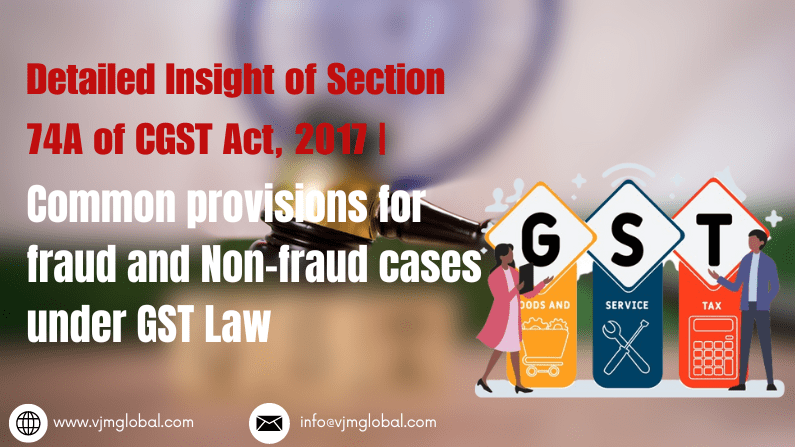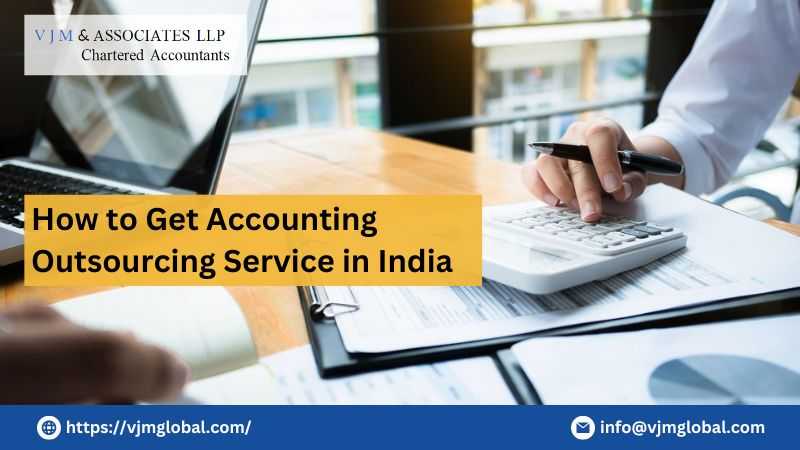Foreign Trade policies are the set of guidelines and instructions issued by the Directorate General of Foreign Trade (DGFT) in matters related to import and export in India. Foreign Trade Policies are framed for a block of 5 years and it is updated every year on 31st March considered the needs of industry.
Till now, Foreign Trade Policy 2015-2020 was applicable and after 8 years the government has announced a new Foreign Trade Policy 2023 (FTP 2023) on 31st March, 2023 which is applicable from 1st April, 2023.
The FTP 2023 is based on following 4 pillars:
- Incentive to Remission;
- Export promotion through collaboration – Exporters, States, Districts, Indian Missions;
- Ease of doing business, reduction in transaction cost and e-initiatives and
- Emerging Areas – E-Commerce Developing Districts as Export Hubs and streamlining SCOMET policy.
The FTP 2023 aims at process re-engineering and automation to facilitate ease of doing business for exporters. It also focuses on emerging areas like dual use high end technology items under SCOMET (Special Chemicals, Organisms, Materials, Equipment and Technologies), facilitating e-commerce export, collaborating with States and Districts for export promotion.
Key features of FTP 2023 is as follows:
1. IT Automated Export Benefits
- FTP 2023 is more focused on automated IT system with risk management systems for various approvals for exporters.
- Various current schemes such as Advance Authorisation, EPCG etc. will continue under FTP 2023. However, same will be continued alongwith substantial process re-enginnering.
- IT enabled incentives will be provided to the exporters.
- FTP 2023 will implement every process in an online and paperless environment. Reduction in fee structures and IT-based schemes will make it easier for MSMEs and others to access export benefits.
- Duty exemption schemes for export production will now be implemented through Regional Offices in a complete IT based environment. There will be no need of manual interface.
- During FY 23-24, all processes under the Advance and EPCG Schemes, including issue, re-validation, and EO extension, will be covered in a phased manner.
- Only cases identified under risk management framework will be scrutinized manually. Whereas majority of the applicants are expected to be covered under the ‘automatic’ route initially
- IT Automation shall reduce the processing time and will allow immediate approval of application under automatic route by following timelines:
| Export Inventive | Processing time (Present) | Processing time under automation |
| Advance Authorisation | 3-7 days | 1 day |
| Export Promotion Capital Goods (EPCG) issuance | 3-7 days | 1 day |
| Extension of Export obligation period | 3 days to 1 month | 1 day |
2. More areas are added in Town of export excellences
- Town of Export Excellence was a concept introduced under FTP 2015-2020 wherein towns exporting a certain value in a specific sector are given status of “Town of Export Excellences” (TEE).
- The entities located in TEEs will have priority access to export promotion funds under the MAI scheme. They will be able to avail Common Service Provider (CSP) benefits for export fulfillment under the EPCG Scheme.
- So far 39 towns have been recognized as TEE under FTP 2015-2020.
- FTP 2023 has proposed to add 4 new towns namely Faridabad, Mirzapur, Moradabad, and Varanasi into the list of TEE. Therefore, entities located in these areas will have additional benefits
3. Development of Districts as Export Hubs
- There are many districts which have their own local talent and potential products which can be exported out of India.
- Therefore, the Government is planning to work on making such districts as export hub by addressing bottlenecks for exporting these goods and services, supporting local exporters/ manufacturers to scale and find potential buyers outside India with the aim of promoting exports, manufacturing & services industry in the District.
- The FTP aims at building partnerships with State governments and developing Districts as Export Hubs (DEH) initiative to promote exports at the district level and accelerate the development of grassroots trade ecosystem.
- Efforts to identify export worthy products & services and resolve concerns at the district level will be made through following institutional mechanism:
- State Export Promotion Committee and
- District Export Promotion Committee at the State and District level, respectively.
- District specific export action plans to be prepared for each district outlining the district specific strategy to promote export of identified products and services.
4. E-commerce export promotion
- Export through e-commerce platform has increased substantially over last years. According to various estimates, e-commerce export potential in the range of $200 to $300 billion by 2030.
- To provide a boost to e-commerce export, All FTP benefits have been extended to e-commerce exports.
- FTP 2023 outlines the intent and roadmap for establishing e-commerce hubs and related elements such as payment reconciliation, book-keeping, returns policy, and export entitlements.
- The objective is to establish designated areas as E-Commerce Export Hubs (hereafter called “ECEH”), which would act as a center for favourable business infrastructure and facilities for Cross Border E-Commerce activities.
- To begin with, the consignment wise cap on E-Commerce exports through courier has been raised from ₹5 Lakh to ₹10 Lakh in the FTP 2023. Depending on the feedback of exporters, this cap will be further revised or eventually removed.
- As of now, details of shipping bills for consignments exported through courier are not available on ICEGATE. Integration of Courier and Postal exports with ICEGATE will enable exporters to claim benefits under FTP.
- Further, The comprehensive e-commerce policy addressing the export/import ecosystem would be elaborated soon, based on the recommendations of the working committee on e-commerce exports and inter-ministerial deliberations.
- Extensive outreach and training activities will be taken up to build capacity of artisans, weavers, garment manufacturers, gems and jewellery designers to onboard them on E-Commerce platforms and facilitate higher exports.
5. Export Promotion of Capital Goods (EPCG) Scheme
- EPCG Scheme allows import of capital goods to be used for pre-production, production or post production of export material at zero custom duty. FTP 2023 has further rationalised EPCG Scheme.
- Some key changes are as follows:
- Prime Minister Mega Integrated Textile Region and Apparel Parks (PM MITRA) scheme has been added as an additional scheme eligible to claim benefits under CSP(Common Service Provider) Scheme of Export Promotion capital Goods Scheme(EPCG).
- Dairy sector to be exempted from maintaining Average Export Obligation – to support dairy sector to upgrade the technology.
- Battery Electric Vehicles (BEV) of all types, Vertical Farming equipment, Wastewater Treatment and Recycling, Rainwater harvesting system and Rainwater Filters, and Green Hydrogen are added to Green Technology products – will now be eligible for reduced Export Obligation requirement under EPCG Scheme
6. Status Holders
- Exporters are given status of one star house to five star house based on export performance threshold.
- The objective behind certifying certain exporter firms as “Status Holder” is to recognize such exporter firms as business leaders who have excelled in international trade and have successfully contributed to country’s foreign trade.
- Status Holders are expected to not only contribute towards India’s exports but also provide guidance and handholding to new entrepreneurs
- Under FTP 2023, Exporter firms recognized with ‘status’ based on export performance will now be partners in capacity-building initiatives on a best-endeavor basis.
- Similar to the ‘each one teach one’ initiative, 2-star and above status holders would be encouraged to provide trade-related training based on a model curriculum to interested individuals.
- This Initiative will help India build a skilled manpower pool capable of servicing a $5 Trillion economy before 2030.
- Further, Status recognition norms have been re-calibrated to enable more exporting firms to achieve 4 and 5-star ratings, leading to better branding opportunities in export markets.
7. Advance Authorised Scheme
- Advance Authorisation schemes allow duty free import of input which is to be physically incorporated in export products.
- Incorporation of Input is allowed after making normal allowance for wastage.
- Further, fuel, oil, catalyst which is consumed / utilized in the process of production of export product, may also be allowed.
- Based on interactions with industry and Export Promotion councils, certain facilitation provisions have been added in the present FTP such as:
- Special Advance Authorisation Scheme extended to export of Apparel and Clothing sector. The authorisation may also be issued on the basis of self-declaration. In such cases, adhoc-norms shall be fixed within a stipulated time period of 90 days.
- Benefits of Self-Ratification Scheme for fixation of Input-Output Norms extended to 2 star and above status holders in addition to Authorised Economic Operators at present.
- Self-ratification means Where there is no SION/valid Adhoc Norms for an export product or where SION has been notified but exporter intends to use additional inputs in the manufacturing process, eligible exporter can apply for an Advance Authorisation under this scheme on self declaration and self ratification basis.
8. Merchant Trading
- To develop merchanting trade hub in India, the FTP 2023 has introduced provisions for merchanting trade. Merchanting trade of restricted and prohibited items under export policy would now be possible.
- Merchanting trade involving shipment of goods from one foreign country to another foreign country without touching Indian ports, involving an Indian intermediary is allowed subject to compliance with RBI guidelines, except for goods/items in the CITES and SCOMET list.
9. Amnesty Scheme
- In line with “Vivaad se Vishwaas” initiative, which sought to settle tax disputes amicably, the government is introducing a special one-time Amnesty Scheme under the FTP 2023 to address default on Export Obligations.
- The intention is to provide relief to exporters who have been unable to meet their obligations under EPCG and Advance Authorizations, and who are burdened by high duty and interest costs associated with pending cases.
- All pending cases in default can be regularized on payment of all customs duties that were exempted in proportion to unfulfilled Export Obligation.
- The interest payable is capped at 100% of these exempted duties under this scheme.
- Further, no interest is payable on the portion of Additional Customs Duty and Special Additional Customs Duty and this is likely to provide relief to exporters as interest burden will come down substantially.


